Building a socially-conscious food company from the ground up: the Happy Roots story

India, the land of diversity, is also a land of opportunity. Our ancestors harnessed the largesse of Mother Nature and earned sweet rewards, considering the range of crops and vegetables India grew. More than 10,000 varieties of rice grew without the intervention of genetic modification! With increased experimentation and the race towards standardisation, we are quickly moving towards an uncomfortable situation where the knowledge of past centuries is being lost without being made constructive use of. It’s hard to see the grander scheme of things but when we speak of food and technology, initiatives that stand for indigenous knowledge and organic growth should get a voice in the ecosystem.

Happy Roots, started by Reema Sathe from Pune, is one such initiative. In this modern context, where urban lives are increasingly getting disconnected from the roots, it is important to provide an option that is building processes from the ground up. Happy Roots is a young company that makes socially-conscious food. In Reema’s words: “We manufacture and market natural, healthy snack food which is not only good for our consumers but generates sustainable employment and incomes for rural communities in Maharashtra.”
After working for seven years in the food and beverage industry, there came a point in Reema’s career where she had an inner calling to work for and with the rural communities. “I had no clue as to what exactly I would do, but then an opportunity came through a startup to work with tribal farmers in South Gujarat. I quit my corporate job and joined the project. It just felt right,” says Reema.
Starting up Happy Roots
Over next 18 months of her work with farmers in Gujarat and Maharashtra, she got a sense of what was going wrong with small-scale food processing units, run by farmers and rural women. “These micro-enterprises are a hope for our small farmers to earn better incomes and find sustainable livelihood to offset risks associated with farming. Lack of marketing skills and product knowledge to match up to the rapidly changing consumer preferences (in urban markets), has forced a lot of these micro-enterprises to shut down or operate on losses,” says Reema. At the same time, through their market research in Pune and Mumbai, Happy Roots found out that there is a rising demand for healthy and preservative-free, ready-to-eat food. “The demand and supply gap was clear and I found a social problem which I felt passionate about to solve,” says Reema.
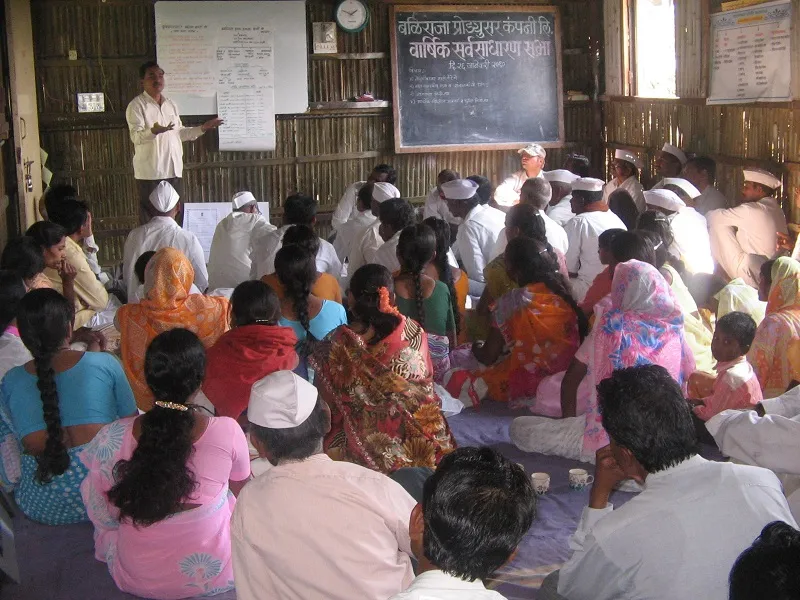
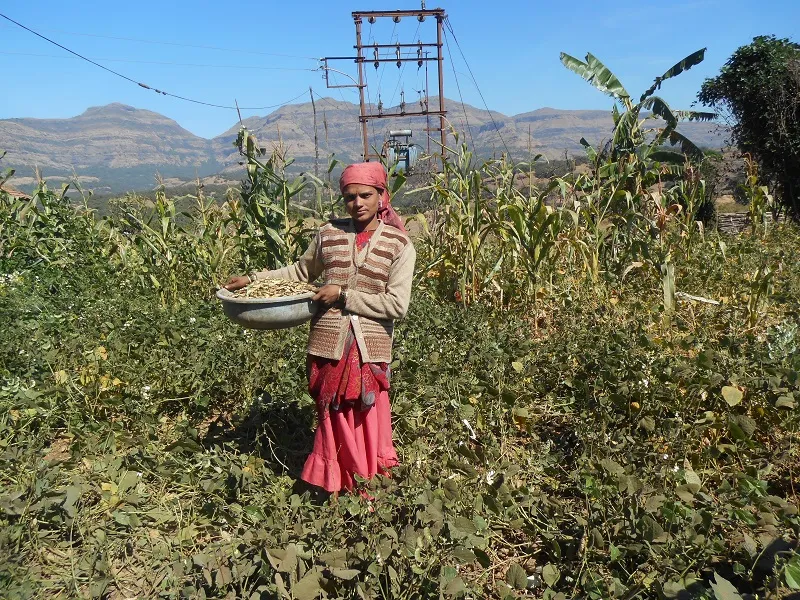
Products and the response
Happy Roots is focussed on making healthy and natural snack food that is free from preservatives, refined flours and additives. Their products include whole grain cookies, crackers and fresh dips that are made using farm-fresh produce and grains sourced directly from farmers and are handmade by trained rural women’s groups. “We believe microbial fermentation to be the best food technology, which is highly undervalued, to make modern food products. We plan to enter the fermented beverage market next year,” says Reema. Intervening at the root level and building a product gives Happy Roots a degree of control over the entire process and quality which will help them in making a sustainable business.
It took Happy Roots 6,000 man hours and 60 product trials to come up with their first four products. “We launched our products in August 2016 in Pune. Since then we have received tremendous response from our customers. In two months, we have sold 160 units and 25kg of our product. We have an exclusive health & wellness brand partnership with Faasos in Pune,” says Reema. The company ships their products across the country via online retail partner The gourmet food company, and is associating with some coffee shops and bistros in Pune. For corporates, Happy Roots has a snack vending model and has just completed a successful pilot.
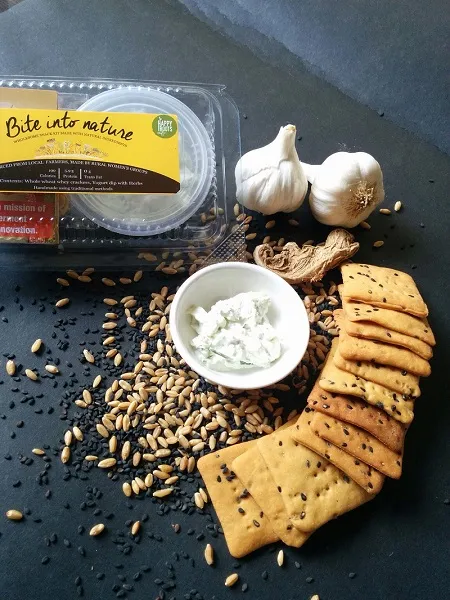
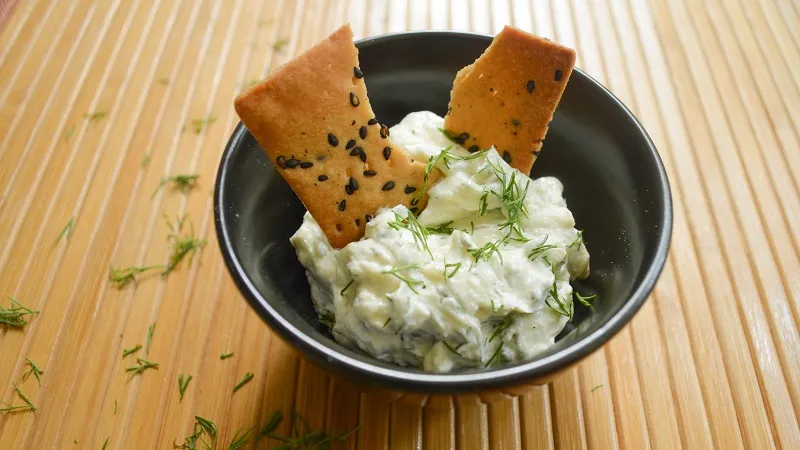
Processes
Happy Roots’ value chain is transparent and involves 50 percent of rural communities in its operations. They currently have a network of 10,000 farmers (directly and indirectly) across Vidarbha, Pune, Ahmednagar district and Kolhapur. The company also partners with local non-profits and some key State government bodies. “We source all the raw material from the farmers (except a few commodities like oil, salt, sugar) and pay them higher than market rates because of which our farmers ensure that we get the best quality grains,” says Reema.
Millets, wheat, indigenous brown rice and dairy are the main raw materials at the moment. Happy Roots is also working with Lokpanchayat (a local non-profit) on a CEE (Centre for Environment Education) run project to protect local biodiversity. The idea is to generate market for endangered Indian grains that are on the verge of going extinct, as they are no longer part of the urban consumer basket (see how this man in rural Uttarakhand has dedicated his life to preserving seeds). Under this project, buckwheat is being revived in the tribal areas of Shayadri hills. “I am proud to share that our first harvest of 1,000kg will be available end of October. We are launching an exclusive buckwheat snack, post Diwali,” shares Reema. Happy Roots started out by using plastic packaging for their products but is now moving to a fresh new, eco-friendly packaging.
Team and the way forward
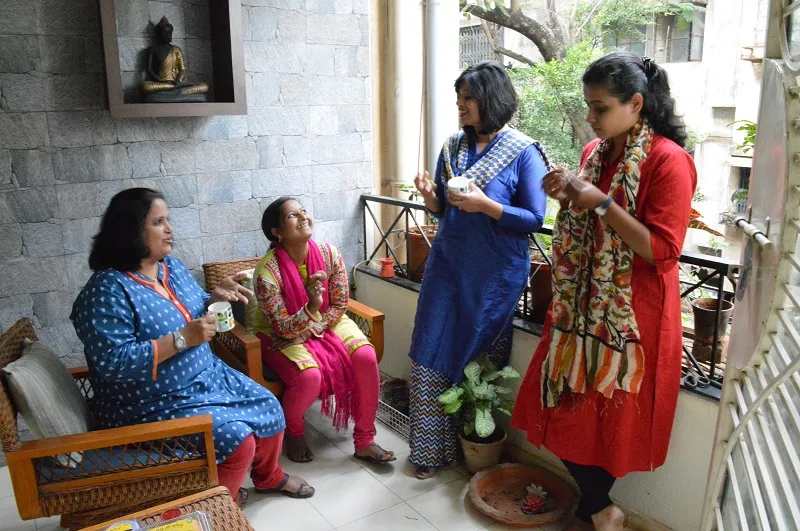
Happy Roots is a small team of four- Kanak, the operations lead, has worked on a rice intensification programme with tribal farmers in Odisha at IIM-A. She has also managed several livelihood programmes with NABARD and WOTR. Prajkta is their product development lead and has been a chef and owner of a catering business in US and Pune. Devstotra is their food tech advisor and has a PhD in microbial fermentation and naturally functional foods from Massey University, New Zealand. "Together, we bring in expertise in rural linkages, marketing & operations, food technology & product development,” says Reema.
Happy Roots has developed a strong product pipeline and has a roadmap ready for next 12 months. Educating the consumer is a big thing on the agenda for Happy Roots and they’ll also be looking to raise funds to fuel growth now that the product line is ready.
There are many organisationsthat are being set up that focus on the complete value chain and focus on building sustainable businesses. The likes of Fab India began with this ethos, and scale dilutes things to some extent but the spurt of new smaller setups keeps the heart going. Someone like Earth Loaf, which focusses on making chocolate, or folks like Korra Jeans and Charaka when it comes to fabric, are building conscious businesses. Happy Roots is making food with love and the growth of such companies will in effect bring down the rates and make conscious food more accessible.
Website: HappyRoots







![[YS Exclusive] ‘Had to let a meaningful number of people go for the company’s growth’: Freshworks CEO Dennis Woodside](https://images.yourstory.com/cs/2/fe056c90507811eea8de27f99b086345/CopyofNewPPTTemplates62-1736395865849.jpg?mode=crop&crop=faces&ar=1%3A1&format=auto&w=1920&q=75)